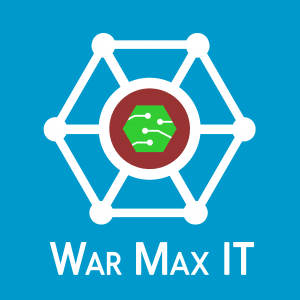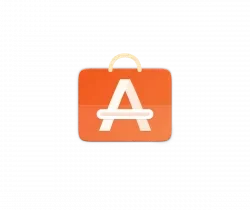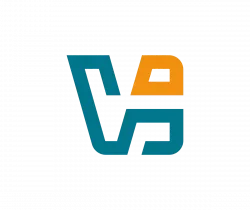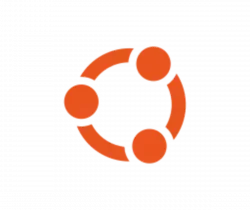The Arduino team announced the 2.3 release of the Arduino IDE this Wednesday.
Since v2.3, the debug feature is now stable and fully incorporated into the IDE! It’s now based on a standard framework, and enabled for all the Arduino boards based on the Mbed core, include GIGA R1 WiFi, Portenta H7, Opta, Nano BLE and Nano RP2040 Connect.
core, include GIGA R1 WiFi, Portenta H7, Opta, Nano BLE and Nano RP2040 Connect.
Maintainers of Arduino cores can now add debugging for any board. And, the upcoming release of the Arduino-ESP32 core will support the new debug framework!
Other changes in Arduino IDE 2.3 include:
- Support .cc and .cxx extensions for sketch files
- Intellisense and validation for custom_debug.json
- Support direct modification of debugger’s launch.json configuration file
- Support selecting debug probe via “Tools > Programmer” menu
- Advanced preference to limit thread count of Arduino Language Server
- New debug_custom.json schema
- Dependency updates Node.js 18, electron 27.0.3, Theia 1.41.0, vscode-arduino-tools 0.1.1, Language Server 0.7,6, CLI dependency 0.35.2
- Various bug-fixes and security updates.
- See github releases page for more.
How to Install Arduino IDE 2.3 in Ubuntu
The official packages for Linux, Windows, and macOS, are available to download in its website:
For choice, you can also download it from Github releases page (under “Assets”).
For Ubuntu and other Linux users, either download the Linux 64bit zip file, extract and run arduino-ide file from in extracted folder to launch the IDE.
Or, download the AppImage, add executable permission, and finally run the package to launch the IDE.
Arduino is also available to install as Flatpak package in Flathub repository. Linux Mint users can search & install it from Software Manager. While, Ubuntu users can install the Flatpak package by running the 2 commands below one by one:
sudo apt install flatpak
flatpak install https://dl.flathub.org/repo/appstream/cc.arduino.IDE2.flatpakref






